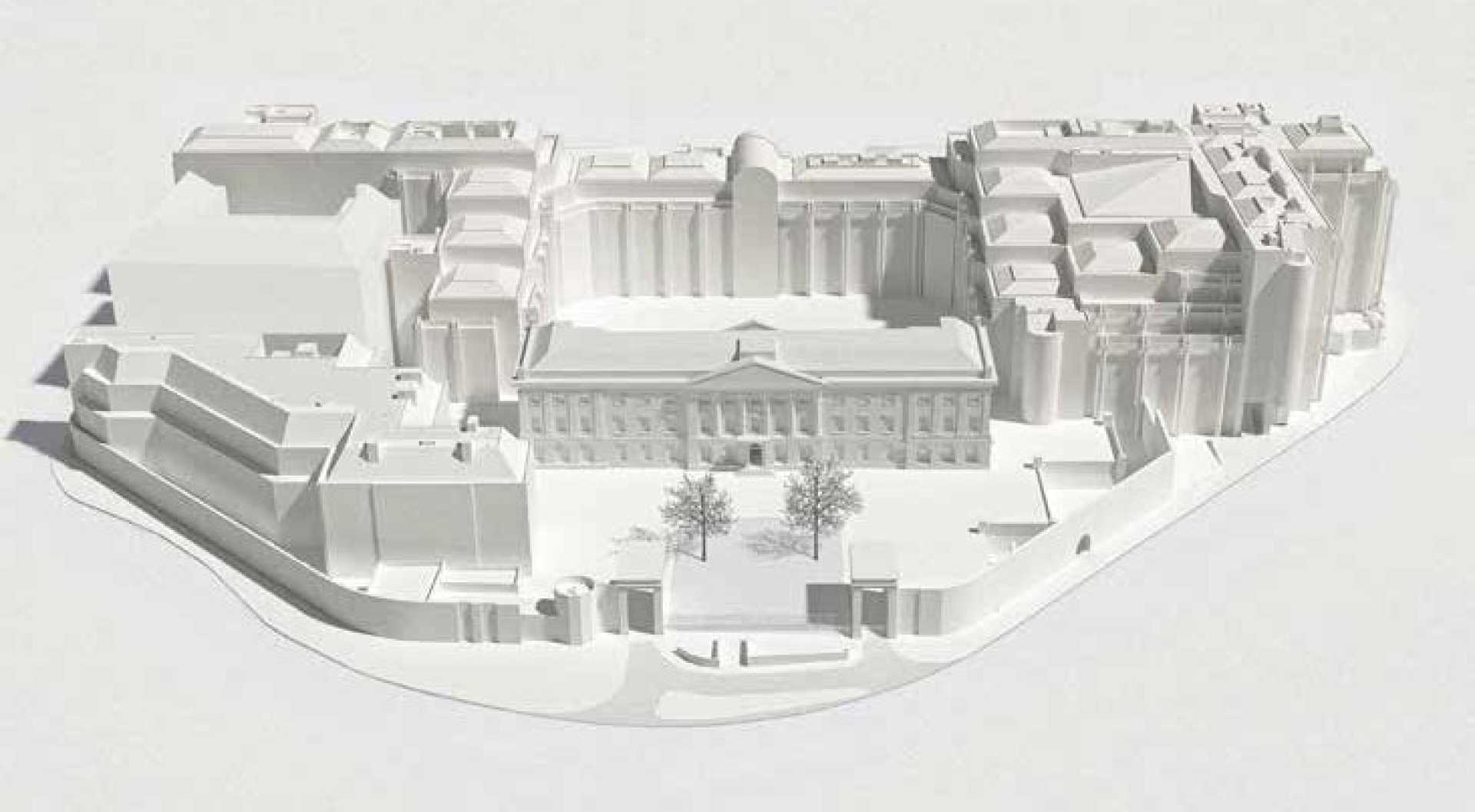Politics
Controversial Chinese Embassy Plan Stirs Debate in London

London, England – A significant transformation may soon take place at the site of the Royal Mint Court in London, where the British government is set to decide on plans for a new Chinese embassy. The proposed development includes an Embassy House, a Cultural Exchange Building, and 225 residences, covering over 610,000 square feet — nearly ten times the size of China’s current main embassy in London.
Local authorities and community members have raised concerns regarding the project, especially given its proximity to significant landmarks like the Tower of London and the City of London. Critics fear that the large size and nature of the project may pose surveillance and security risks, particularly in light of recent warnings from U.S. lawmakers about potential threats posed by the Chinese government.
Luke de Pulford, founder of the Inter-Parliamentary Alliance on China, expressed opposition to the plans, stating, “China should not be allowed to have this embassy in this place.” Similar sentiments were echoed by U.S. officials, who cautioned that the site’s proximity to necessary infrastructure could embolden Chinese government efforts to intimidate U.K. citizens.
The Tower Hamlets Council initially rejected the project in 2022, citing concerns over traffic and policing. However, after the Labour Party gained power under Keir Starmer, China resubmitted the same plans, which now sit before the national government for approval. Starmer spoke with Chinese President Xi Jinping in August, indicating a possible shift in the government’s attitude toward the proposal.
Supporters argue that the development will refurbish historic buildings and improve embassy facilities. They point to the potential for enhanced security and better embassy services. However, detractors view the project as a “glorified monument” to Chinese influence in the U.K., with activists highlighting the risk of Beijing using diplomatic privileges to operate beyond local law.
Simon Cheng, the founder of Hongkongers in Britain, voiced his concerns after facing detention and interrogation by Chinese officials during his previous employment with the British Consulate in Hong Kong. He remarked that allowing such an extensive Chinese embassy could pave the way for actions above UK law, especially against individuals identified as dissidents.
Experts like Steve Tsang from the University of London’s School of Oriental and African Studies suggest that focusing on the building itself may be misguided. He emphasized that security issues lie with individuals, not just the physical structure of the embassy. “If MI5 wants to monitor the Chinese Embassy staff, it’s arguably easier if they are mostly located in the same physical locality,” Tsang stated.
As the deliberation continues, local council representatives indicated that had the national government not intervened, they would have rejected the plans again. The stark contrast between community fears and governmental assurances regarding the project’s adherence to local regulations continues to fuel protests and national debates.












